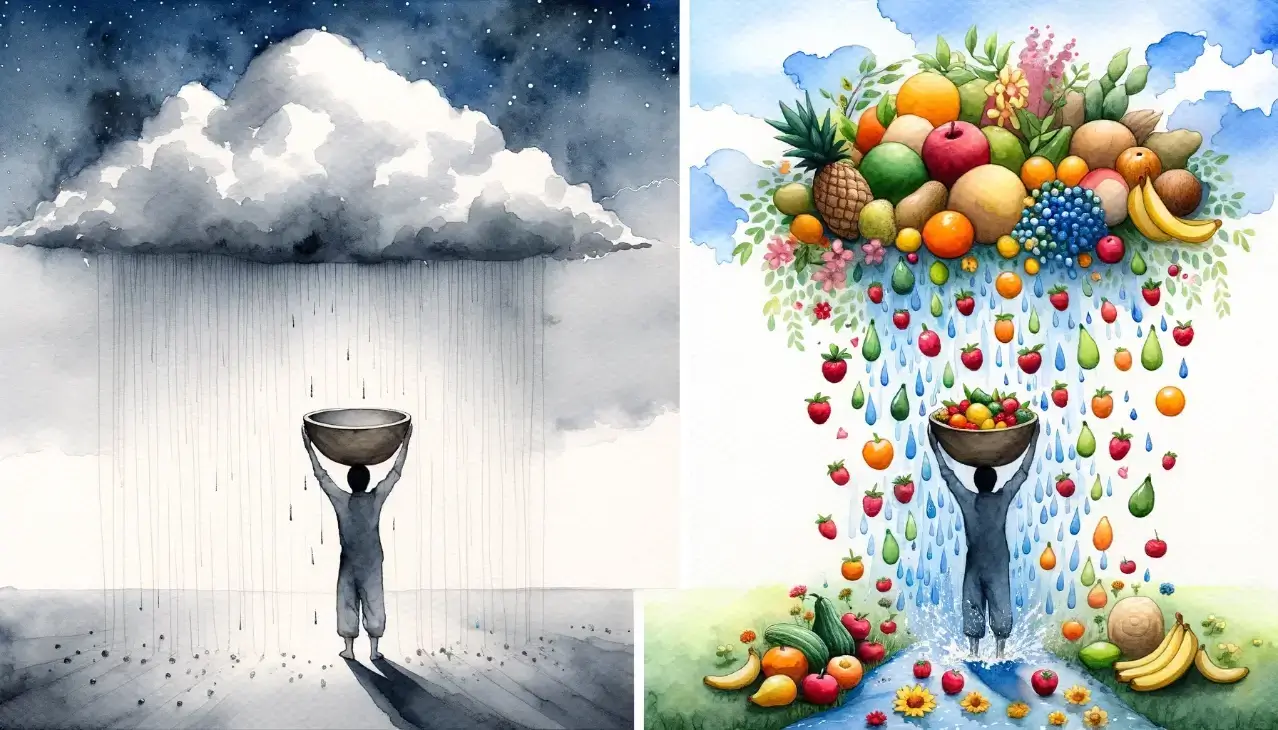Every Sunday evening, I sit with my calendar and schedule all the things I want to accomplish in the week. Every morning as part of my morning routine, I review the daily schedule I created to prepare for what my day will look like. These tasks keep me focused and productive. The calendaring process has been the secret to achieving my goals. But why even have goals? Aren’t goals a luxury to parents with chronically ill children?
Goals make us look towards the future. They are exciting and can fill us with hope. Goals give us direction and purpose, but they also help us to be challenged and become the best version of ourselves. A goal can keep us organized and live in line with our priorities.
My youngest child, Wren, has struggled to find a place in the world. The lack of acceptance during high school years created paralyzing anxiety. I watched as Wren would aimlessly go through the days sinking deeper and deeper into sadness. Time would be filled by escaping and becoming isolated in a computer game. In attempts to help, I would ask, “What are your goals?”. The resultant blank stares became obvious that my questions were far from helpful.
As a parent, I began feeling helpless as I watched my child move aimlessly through the world. I reflected on my approach and realized that asking a teen about goals in general was an intimidating question. Teens think their parents are asking this question with the expectation that they will receive a PowerPoint presentation on the perfectly mapped out journey of the teen’s life plan. I needed to rephrase my questions.
“What is your goal at school this semester?”
“What is your goal with exercise this month?”
“What is your goal with your friends this summer?”
“What do you want to accomplish with music this month?”
Wren and I had a “Goals Dinner” where I asked these questions and then I listened and jumped in when brainstorming help was needed. Wren chatted about each area of life and included the goal of learning to ride a bike. The next day, Wren asked to get some new exercise shoes and a bike helmet. The day after that, we went out to a parking lot with a bike and within minutes, Wren was riding. I never thought I would witness the fearful, non-athletic teen pedaling independently down the street, but the determination that was cultivated with goal setting made it possible. The smile across Wren’s face when the goal was achieved is a moment that still makes me tearful.
Goals are a powerful tool. They help us shift our mind to realize that more is possible. Goals help us keep our eye on the future instead of staying stuck in the present. They give us reason to celebrate when we achieve them, but they also provide us with the opportunity to learn when we fail. Goals don’t need to be intimidating. Start small and grow lofty goals. Just realize, though, that the only goal we can’t achieve is the one we don’t set.
What are your goals? Are you overwhelmed with even trying to set a goal?





